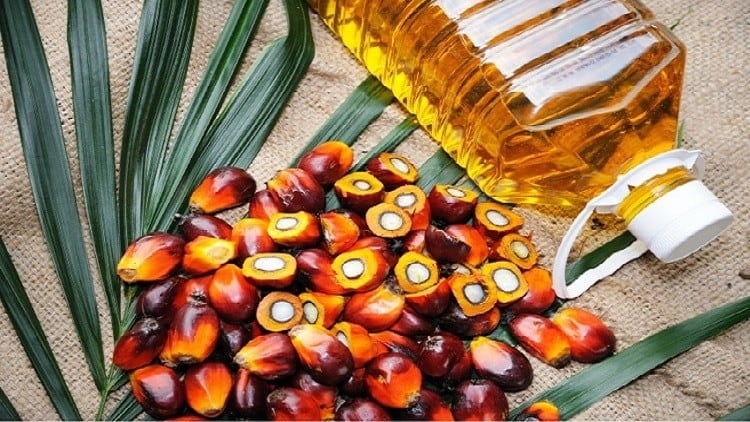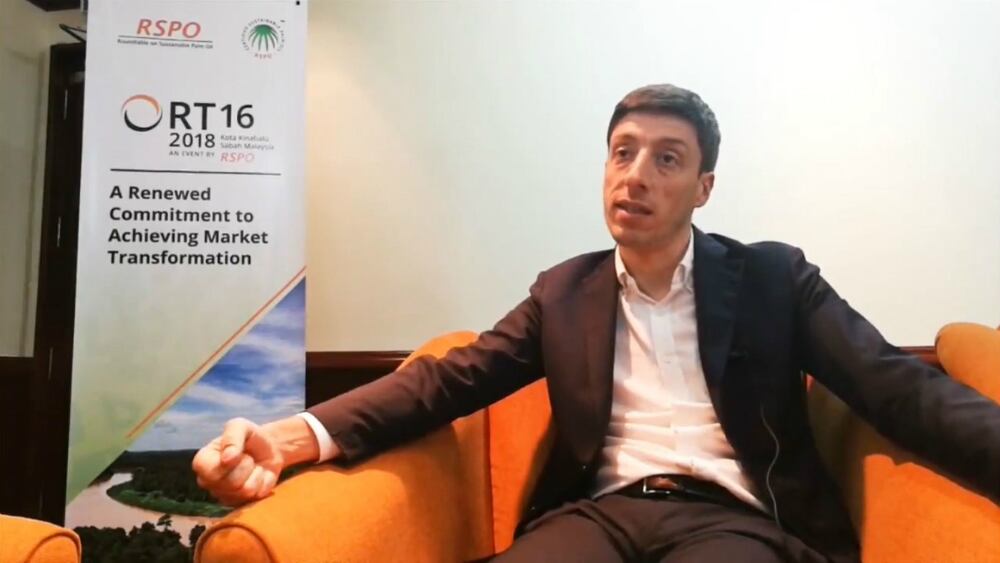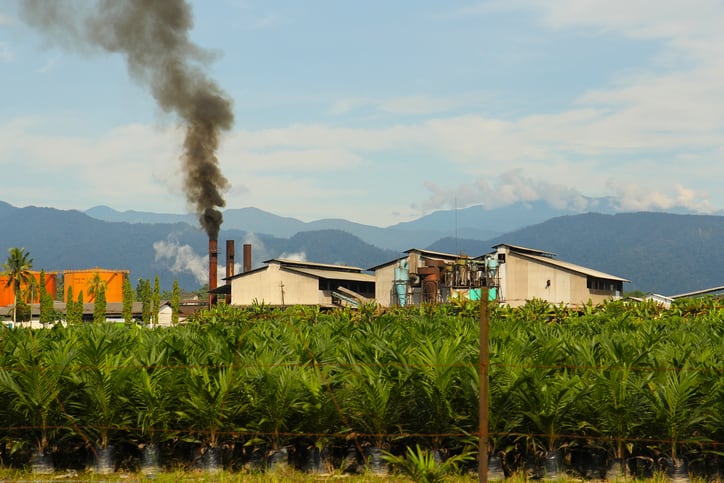POIG claims to be the ‘most rigorous platform for sustainable palm oil’ globally, even more so than the Roundtable for Sustainable Palm Oil (RSPO).
It is a verification system that claims to comprise stricter standards than those laid out by the RSPO, and was set up in. High profile food industry members include Ferrero, Danone and Barry Callebaut.
“Musim Mas joined POIG in 2015, and remains the only South East Asian player in the platform to date,” Carolyn Lim, Musim Mas Corporate Communications Senior Manager told FoodNavigator-Asia.
She added that the process to meet POIG’s strict criteria took three years to complete before this was accomplished earlier this year.
“Because our [oil palm plantations] are multi-site, this added to the complexity of the process and hence it took us three years to achieve the standards,” said Lim.
“We had to undergo a labour audit by Verite, a verification audit, and a second verification on our action plan to address the findings of the audit.”
Although POIG maintains that it is not a certification system, Lim added that: “POIG oil is recognized by the main NGOs such as Greenpeace, the World Wildlife Fund (WWF) and the Forest Peoples Programme (FPP) as the only ‘No Deforestation, No Peatland Development and No Exploitation’ (NDPE) oil.”
POIG vs RSPO
With regard to criteria, the new RSPO 2018 rule disallowed new land clearing since November 2018 in high conservation value (HCV) and high carbon stock (HCS) areas, and HCV-HCS assessments are not compulsory, according to Lim.
In comparison, POIG requirements have disallowed new land development in HCV-HCS areas since even earlier, in 2014, and also require oil palm companies to perform compulsory HCV and HCS assessments before establishing or expanding plantations.
“As for peat, RSPO does not allow new planting on peat and has made a draining assessment compulsory prior to replanting. POIG goes beyond this to necessitate that companies conduct a study confirming that the plantation does not lie on critical peat ecosystems, and also to conduct a greenhouse gas assessment before replanting,” explained Lim.
“Both of these criteria were manageable for us, but what we found particularly challenging was the requirement for chemicals.”
Legally, the use of paraquat and pesticides listed as WHO 1A, 1B are allowed, and the RSPO only requires that these be limited. POIG does not allow usage of these chemicals, in addition to others prohibited by the Forest Stewardship Council (FSC) and Sustainable Agriculture Network (SAN).
“This means that whenever we need to use any chemicals to deal with emergency [pest] outbreaks and the like, we need to apply to POIG for permission. As [emergency] alternatives, we have even had to apply to the Indonesian government to use alternative chemicals,” said Lim.
Additionally, POIG also necessitates social standards such as the setting aside of a minimum of 0.5 hectares of garden/farmland per worker to assure food security for them, a criteria described as one that is ‘uniquely POIG’.
Palm oil sustainability in South East Asia
Musim Mas’ POIG journey is a pioneering effort in the South East Asian region, which then-RSPO Global Outreach and Engagement Director Stefano Savi had described to us as having ‘a long way to go’ in terms of palm oil sustainability.
“For Asia, the biggest task we have is to actually start doing something, because nothing much has happened,” he said.
“In China, we have a ways to go but at least things are starting to move. [But really] in Southeast Asia and in India, we still have a long way to go.”





